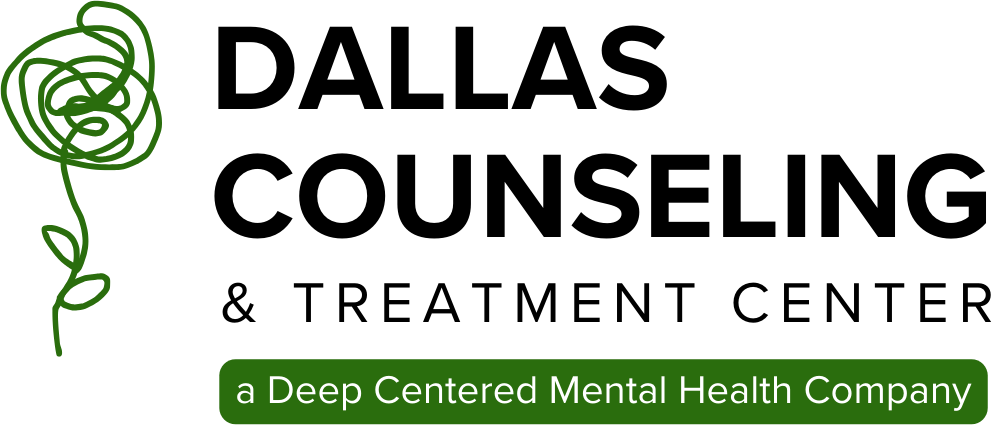Robin Williams, beloved for his comedic brilliance and infectious energy, brought joy to millions through his performances. Despite his outward persona, he faced an internal battle with depression and mental health struggles. Many of us remember the shocking tragedy of his death by suicide in 2014, and he continues to be sorely missed by friends, family, and fans.
While painful, Williams’ death also serves as a powerful call to action: we must look out for our friends and loved ones, especially those who seem perpetually upbeat. Checking in, offering support, and fostering open conversations about mental health is crucial.
Remember, a smiling face doesn’t always reflect a happy heart.
Mental health struggles are often invisible. People who seem happy and successful on the outside may be silently struggling with inner battles. Mental Health Awareness Month serves as a reminder to look beyond the surface and extend our support to those around us.
The Hidden Struggles of Mental Health
Mental health issues do not always manifest in obvious ways. People can be high-functioning and appear cheerful while grappling with conditions like depression, anxiety, or PTSD. The stigma surrounding mental health often forces individuals to hide their struggles, fearing judgment or misunderstanding.
It’s crucial to recognize that mental health is a spectrum, and everyone’s experience is unique. Some may wear their pain on their sleeves, while others might conceal it behind smiles and laughter. Understanding this complexity is the first step in offering genuine support.
Signs Someone Might Be Silently Suffering
While it can be challenging to notice someone who is struggling, certain signs may indicate that something is off:
- Expressions of hopelessness (even when made as a joke)
- Physical symptoms, such as aches, fatigue, or changes in appetite and sleep patterns
- Perfectionism and overperformance (as a way to cope with fear and insecurity)
- Numbing through substances (including food), screens, and other distractions
- Frequently calling in sick or flaking on social commitments
How to Offer Support
If you suspect someone in your life might be silently suffering, here are some ways you can offer support.
First, be willing to start the conversation. Approach the topic with sensitivity and care. You can say something like, “I’ve noticed you haven’t seemed yourself lately. Is there anything you want to talk about?” This shows you are observant and willing to listen without judgment. It’s important to respect their boundaries and privacy. If they are not ready to talk, let them know you are there for them and cheering them on.
Then, if someone opens up, listen without interrupting or offering immediate solutions. Therapists are taught this very early in training. Advice is rarely received well when offered without deep understanding and an invitation to help. And sometimes, people just need to feel heard and understood.
Depending on your relationship with them, you may want to suggest seeking professional support. You might offer some vulnerability of your own by saying something like, “Talking to a therapist really helped me when I was going through a tough time. It might be worth considering if you haven’t already.” After all, you know a great place to refer them to!
Finally, one check-in is rarely enough. Plan to do regular check-ins, even simple texts or calls, as the continued connection can make a significant difference.
Our Challenge For Readers
Mental Health Awareness Month is an opportunity for us to come together, raise awareness, and break down the stigma associated with mental health issues. Our challenge for you is to find just one person in your life to reach out to today. Maybe that’s as small as a text or a friendly hello in the lunchroom. It’s possible your outreach isn’t needed right now, and they really are doing okay. But maybe it is, and your kinship might make all the difference.
Remember, offering support doesn’t always require grand gestures. Sometimes, a simple act of kindness or a listening ear can be life-changing for someone struggling with their mental health.

